In the arid landscapes of the Egyptian desert, away from the clamor and chaos of cities, the Desert Fathers forged a unique way of life centered on a spiritual life that included deep devotion and discipline. I have long held a fascination by these ancient, early Christians and wanted to share my interest in them with you.
Inspired by the humble lifestyle of Jesus, these initial monks committed to lives of simplicity, devotion, and labor. By choosing this path, they embodied self-denial, consistent prayer, and hard work - a true testament to their faith.
Their tales of asceticism (severe self-discipline and abstention) and spiritual insights have remained both intriguing and instructive to us as modern Christians, offering a peek into an era when a few devout souls chose desolation to be closer to God.
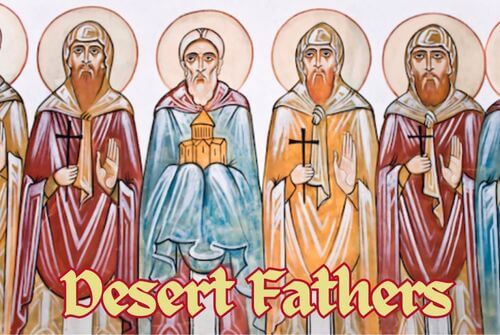
Who Were These Early Christians?
The Desert Fathers were the earliest Christian monks who, between the 3rd and 5th centuries AD, sought Christian spirituality and enlightenment in the deserts of the Middle East, primarily in Egypt. Frustrated with the increasing secularization of the Christian Church (Wow! Ring a bell for today?) and the societal entanglements, these men retreated to the wilderness to pursue a life of deep contemplation, solitude, and asceticism.
This monastic movement was not about running from society; rather, it was a quest for an authentic Christian life, a life that would be free from the distractions and temptations of urban living. In these desert cells and communities, they engaged in strict spiritual exercises, designed to cultivate virtues and combat vices.
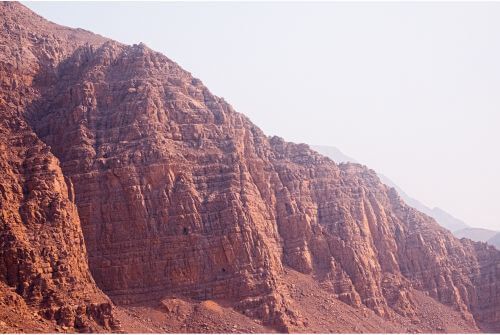
The Ascetic Life of the Desert Fathers
The life of a Desert Father was one of incredible simplicity. Their day-to-day existence revolved around prayer, manual labor, fasting, and contemplation. They owned little to no possessions and ate the simplest of meals. Silence was revered, and long periods were dedicated to solitary prayer or reading the Scriptures.
Many chose to live as hermits in individual huts or caves, coming together for weekly worship or communal tasks. Others formed early monastic communities where they lived, worked, and prayed together.
This rigorous lifestyle was not for the sake of self-punishment but was seen as a means to attain purity of heart, to truly "seek the face of God", and to attain the virtues necessary to live an authentic Christian spiritual life.
An elder said, ‘This is the life of the monk: work, obedience, meditation, not judging, not backbiting, not grumbling; for it is written, ‘O you that love the Lord, hate the things that are evil’ [Ps 96:10]. The life of a monk is to have nothing to do with that which is unjust, not to see evil with one’s eyes, not to be a busybody, not to listen to other folks’ affairs, to give rather than to take away with one’s hands, not to have pride in one’s heart nor wicked thoughts in one’s mind nor to fill one’s belly, but rather to act with discretion in all things. In these the life of the monk consists.’ From: Monastery of Christ in the Desert: On A Holy Life


Two Prominent "Abbas"- Arsenius and Macarius
Prominent Figures Among the Desert Fathers
While many of them remain nameless, several have left indelible marks in Christian history due to their teachings, writings, or the legends that surround them. We've listed just a few:
- St. Anthony the Great: Often referred to as the father of all monks, Abba Anthony is perhaps the most renowned. When a young man, he sold all his possessions and chose the life of a hermit. His 20 years in solitude battling spiritual and physical challenges have become emblematic of the desert monastic life. His biography by St. Athanasius, titled "Life of Antony," became a spiritual classic and in a real sense inspired countless others to take up the monastic life.
- Abba Macarius: A revered spiritual leader, Malcarius is known for his wisdom and numerous sayings on Christian virtue. He was famed for his humility and his deep communion with nature.
- St. Pachomius: While St. Anthony is credited with the beginning of hermitic monasticism, it is St. Pachomius who is known as the founder of cenobitic (community) monasticism. He established rules for communal living that were adopted and adapted by future monastic communities.
- Arsenius the Deacon, sometimes known as Arsenius of Scetis and Turah, Arsenius the Roman or Arsenius the Great, was a Roman imperial tutor who became one of the most highly regarded of the Desert Fathers, whose teachings were greatly influential on the development of Asceticism and the contemplative life.
- There were many others, and to name just a few more of these influential men there was John Cassian, Abba Moses, Abba Theodore, and Abba Hyperechius. An interesting tidbit of information on Abba Moses, he was also called Moses the Black and Moses the Strong and several other names. He was known to be a violent thief who became a very kind and humble monk when he sought wisdom of the desert. (If you want to know more about them, just Google their names!)

Wisdom from the Desert: Sayings of the Desert Fathers
Through their profound spiritual experiences, they passed down a treasure of words of wisdom. Many of their sayings, or "apophthegmata", have been collected and continue to inspire Christians worldwide. Here are some beloved statements:
On Humility
Abba Anthony said, "I saw the snares that the enemy spreads out over the world and I said groaning, 'What can get through from such snares?' Then I heard a voice saying to me, 'Humility.'"
An elder said, “Beseech God to give you sorrow in your heart and humility. Be always attentive to your sins and do not judge others; rather, rate yourself beneath all others. Maintain no friendship with a woman, with a child, or with heretics. Disassociate yourself from loose talk; control your tongue and your belly, abstaining from wine. If somebody speaks to you about any matter whatsoever, do not argue with him. If he speaks well, say, ‘Yes.’ If he speaks badly, say, ‘You know what you are talking about,’ and do not contend with him about what he says; then your mind will be at peace.’
From: Monastery of Christ in the Desert: On Humility
On Silence and Speech
Abba Poemen said, "Teach your mouth to say that which is in your heart."
On Temptation
St. Anthony once stated, “Whoever has not experienced temptation cannot enter into the Kingdom of Heaven. Without temptations, no one can be saved.”
On Patience
Abba Macarius was asked, "How should one pray?" The old man said, "There is no need at all to make long discourses; it is enough to stretch out one's hands and say, 'Lord, as you will, and as you know, have mercy.' If the conflict grows fiercer, say, 'Lord, help!' He knows very well what we need, and He shows us His mercy."
On Unceasing Prayer
The brethren asked the abbot Agatho, saying, “Father which virtue in this way of life is most laborious?” And he said to them, “Forgive me, but to my mind there is no labor so great as praying to God: for when a man wishes to pray to his God, the hostile demons make haste to interrupt his prayer, knowing that their sole hindrance is in this, a prayer poured out to God. With any other labor that a man undertakes in the life of religion, however instant and close he keeps to it, he has some rest: but prayer has the travail of a mighty conflict to one’s last breath.” From: Monastery of Christ in the Desert: On Unceasing Prayer
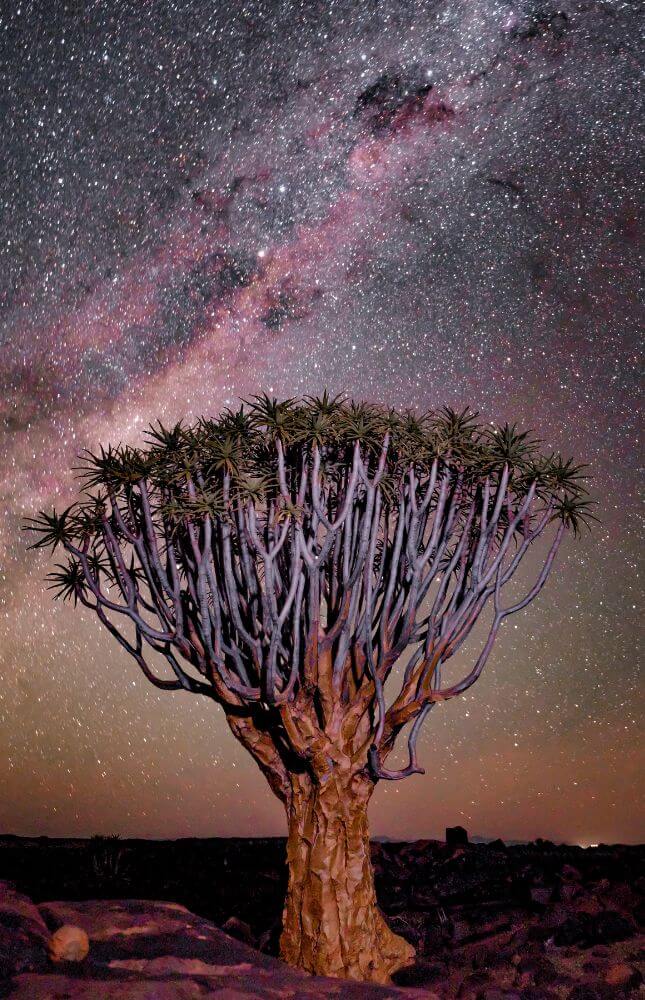
The Legacy of the Desert Fathers
With their intense spiritual practices, they serve as a shining beacon for contemporary Christians who are seeking spiritual renewal and those who are seeking a deeper understanding and experience of God. They remind us of the importance in the practice of solitude, silence, and sincere introspection in an ever-noisy world. Their stories underline the eternal struggle of man against his inner vices and the ever-present guidance of God for those who earnestly seek Him.
While not all of us may be called to the desolation of a desert, the lessons from these early Christian monks remain pertinent. In our modern lives, cluttered with distractions, they call us to find our 'desert' – be it a quiet room, a serene nature spot, or simply a few minutes of introspective silence – where we can genuinely seek and experience God's presence. So turn off the cell phone, desktop, laptop, tv, whatever distracts you and take time to "Be still and know that I am God, I will be exalted...." Psalm 46:10.
The legacy of the Desert Fathers is not just in the annals of Christian history but in the hearts of every believer inspired by their devotion, discipline, and unwavering faith in Christ. As we navigate our spiritual journeys, their teachings and the simplicity of their lives serve as both inspiration and instruction.

Who exactly were the Desert Fathers?
The Desert Fathers were early Christian monks from the 3rd to 5th centuries AD who retreated to the deserts of the Middle East, primarily Egypt, seeking spiritual enlightenment.
Why did they choose the desert?
They sought the isolation of the desert to escape societal distractions, allowing for deeper contemplation, prayer, and an authentic Christian life.
Were there any Desert Mothers?
Yes, there were women known as the Desert Mothers who also pursued this ascetic lifestyle, though they are less documented than their male counterparts. They were known as "Amma" which means "wise mother." This is certainly food for another blog!
What was their daily life like?
Their days revolved around prayer, manual labor, fasting, and contemplation, with a focus on simplicity and self-discipline.
Were they hermits or did they live in communities?
While many chose a hermitic lifestyle, others formed early monastic communities, practicing communal living, work, and worship.
Who is St. Anthony the Great?
St. Anthony is regarded as the pioneer of Christian monasticism, renowned for his deep spirituality and years of isolated contemplation in the desert.
What are the "apophthegmata"?
"Apophthegmata" refers to the collected sayings and wisdom of the Desert Fathers, offering spiritual insights and guidance.
Why did the Desert Fathers emphasize humility and silence?
They believed humility brought them closer to God, and silence allowed for profound introspection and a more profound connection with the Divine.
Are their teachings relevant today?
Absolutely. The Desert Fathers' teachings on spirituality, discipline, and virtue offer timeless wisdom for contemporary Christian living.
How did the Desert Fathers impact modern monasticism?
Their principles, particularly those of St. Pachomius, laid the foundation for modern monastic rules and communal living.
What's the significance of "The Sayings of the Desert Fathers"?
It's a compilation of their profound wisdom, offering readers guidance on living an authentic Christian life through their timeless teachings.
Did they face any challenges or temptations in the desert?
Yes, they often spoke of spiritual battles, facing both internal temptations and external challenges, viewing them as essential for spiritual growth.
How can modern readers apply their teachings?
By embracing the core values of simplicity, introspection, and unwavering faith, one can navigate contemporary challenges with the Desert Fathers' wisdom.
Are there any other prominent texts about the Desert Fathers?
Yes, "Life of Antony" by St. Athanasius is a significant text that details the life and teachings of St. Anthony the Great.

Echoes from the Desert
As we journeyed through this brief history, we encountered tales of the Desert Fathers, those earliest Christian monks whose lives of intense devotion have left imprints that resonate even today. Their legacy is a testament to the power of faith, discipline, and the quest for spiritual enlightenment.
But our exploration doesn't end here. For those captivated by the stories and lessons of these spiritual pioneers as I was, an even richer experience awaits. "The Sayings of the Desert Fathers" is a collection of their most poignant and profound wisdom. Through this compilation, you'll find timeless teachings that address the heart's deepest yearnings and life's most pressing questions.
Delve into this treasure trove of spiritual insights, where each saying is a beacon of light, guiding us towards a more authentic Christian life. Whether you're on a spiritual quest, seeking solace, or simply curious about the foundations of Christian monasticism, "The Sayings of the Desert Fathers" is a journey worth embarking on. It can be found on Amazon or eBay.
Thank you for visiting our Christian blog, and we look forward to sharing more of our passion for Christian theology and literature with you!




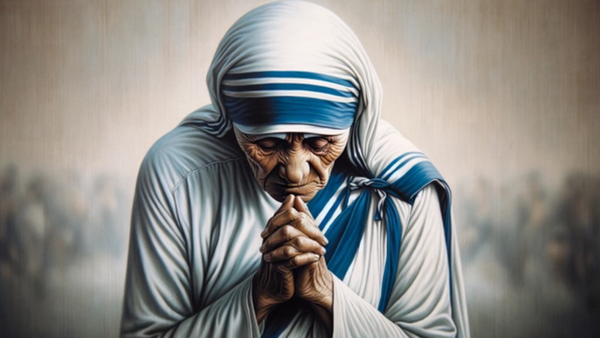
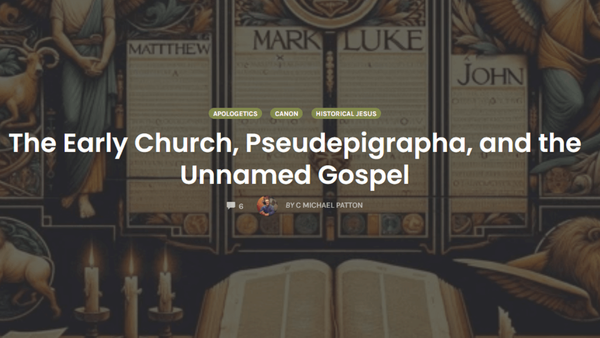
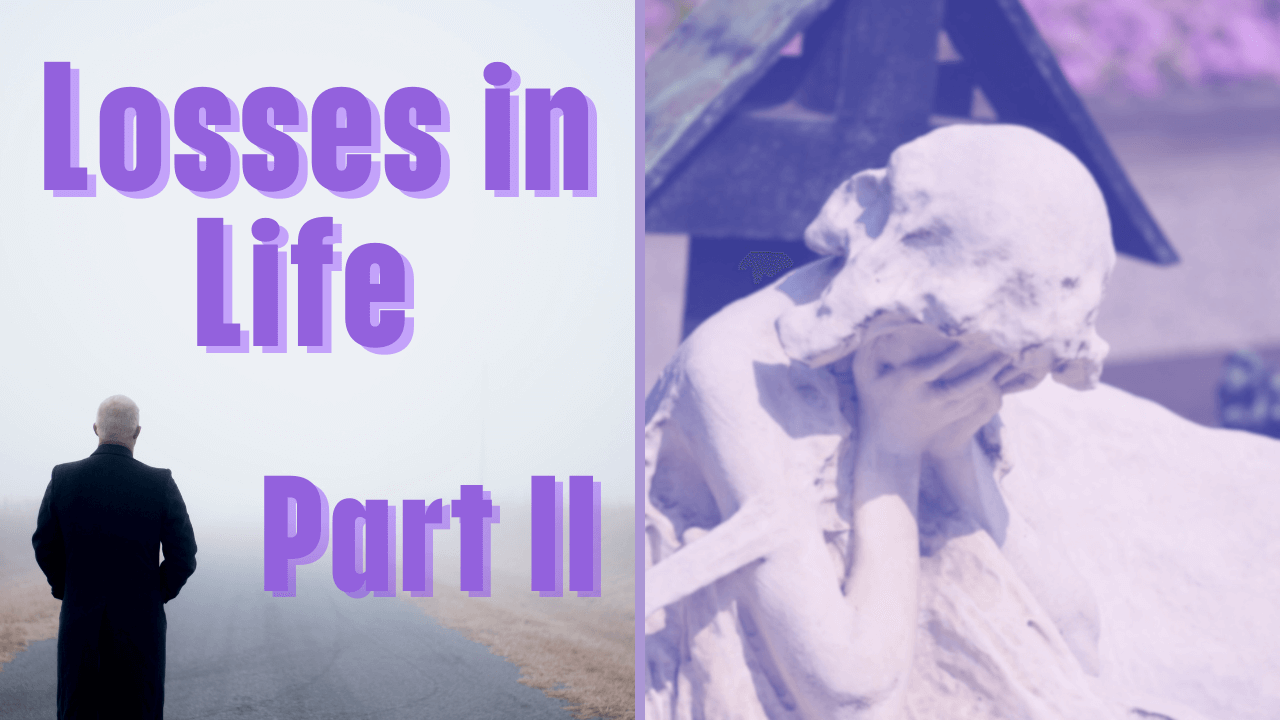

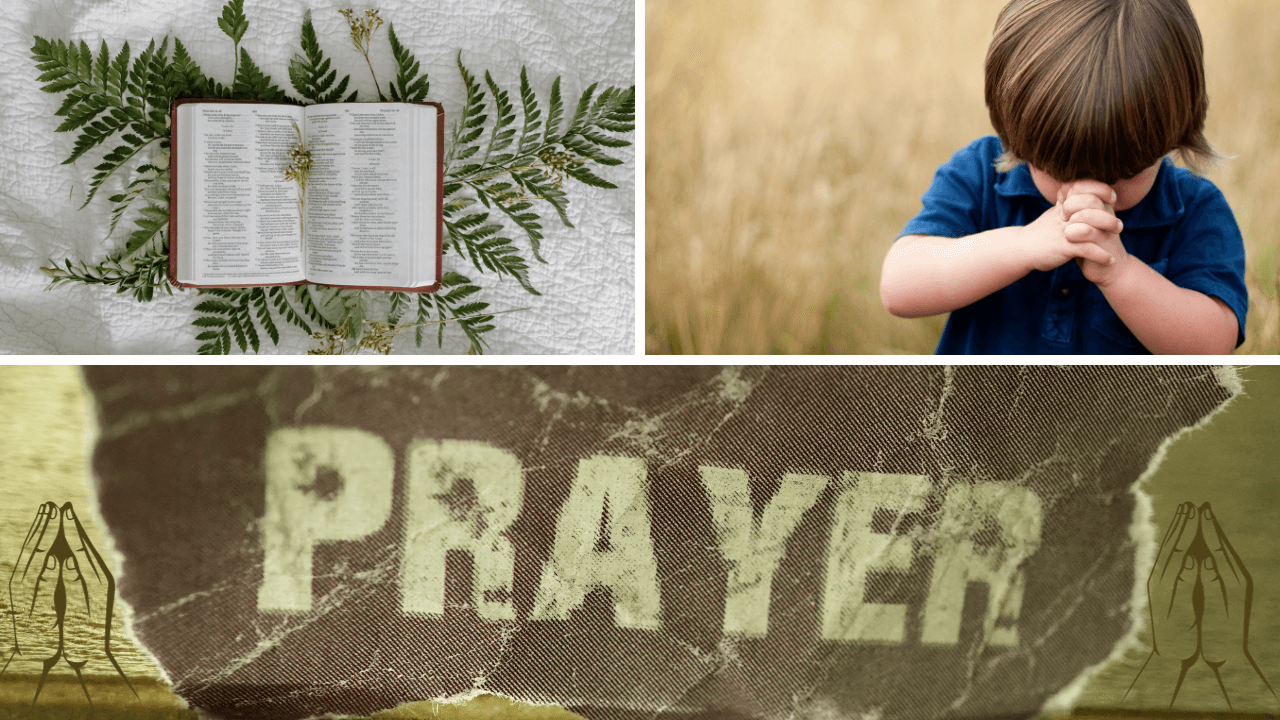
Member discussion